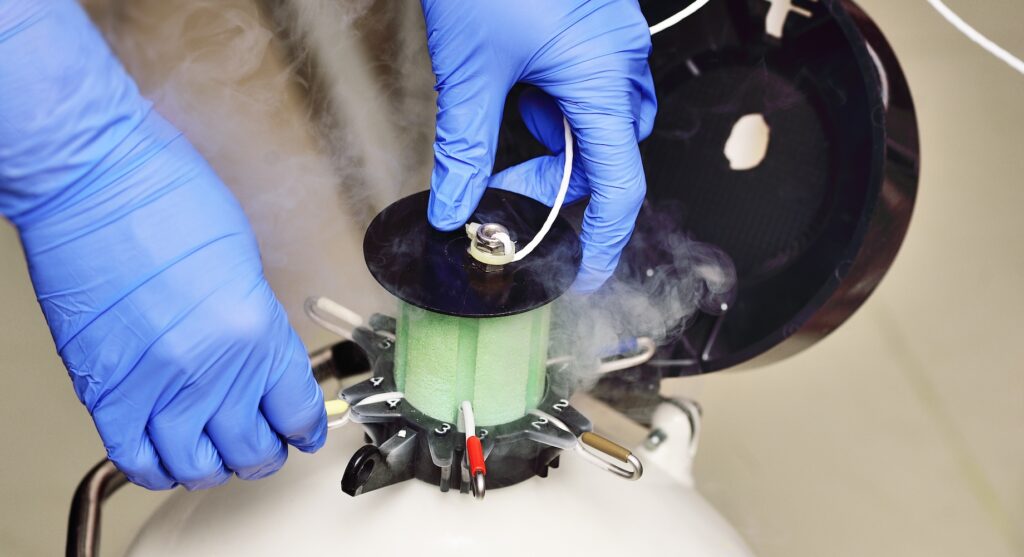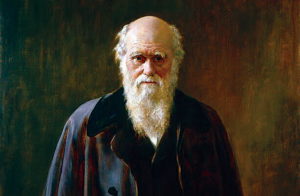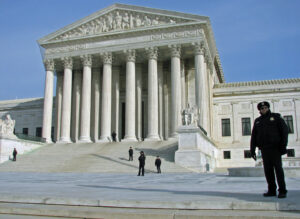Alabama court rules frozen embryos are children under the law. What it may mean
The Alabama Supreme Court has ruled frozen human embryos are legally children.
The ruling is stirring controversy for its implications regarding in vitro fertilization (IVF) and the creation and…

The Alabama Supreme Court has ruled frozen human embryos are legally children.
The ruling is stirring controversy for its implications regarding in vitro fertilization (IVF) and the creation and storage of frozen embryos.
The case concerns the accidental destruction of three couples’ embryos while in the care of the Center for Reproductive Medicine in Mobile. The fertility clinic claimed that the couples could not sue it under Alabama’s Wrongful Death of a Minor Act because the law did not include frozen embryos under the definition.
In its Friday decision, however, the court ruled unborn children are protected under the law, regardless of their geographic location. Critics and supporters alike agree the ruling is a landmark legal shift that will inevitably impact the legality of IVF procedures in the state.
IVF supporters are concerned the court’s ruling will pause all IVF procedures in the state, as the stakes of mishandling or destroying embryos have been raised. For many pro-life advocates, however, putting a stop to the creation and abandonment of frozen embryos outside of the womb is a positive outcome.
“Proud of the Alabama Supreme Court for acknowledging the science and using basic reason and fairness to decide that a baby conceived via IVF should have the same legal protections as a baby conceived naturally,” Lila Rose, president of pro-life advocacy group Live Action, wrote on X.
Alabama’s ruling also is serving as a springboard for pro-life and Christian circles to re-evaluate whether supporting the creation of frozen embryos is consistent with belief in the sanctity of life for unborn children.
“The Alabama Supreme Court ruling on frozen embryos is a stunning development full of moral significance,” said Andrew T. Walker, a professor at the Southern Baptist Theological Seminary. “It’s way past time that evangelicals reconsider our posture towards IVF, which requires the moral alienation of goods that God intended to come together and stay together.”
IVF is a fertility treatment plan used to assist couples who struggle to conceive naturally. The process typically requires the creation of multiple embryos in a lab, which are kept frozen and implanted over time as the couple attempts to achieve one or more pregnancies.
IVF practitioners often create far more embryos than a couple actually needs or desires to carry to term, creating a surplus supply of frozen embryos. There are an estimated 1.5 million frozen embryos lingering in storage in the United States.
Some adoption agencies have undertaken the task of finding couples willing to adopt a frozen embryo and attempt to carry it to term. Such adoptions, referred to as “snowflake babies,” are the only opportunity for growth and escape from cryo-preservation that many frozen embryos have.



